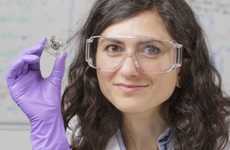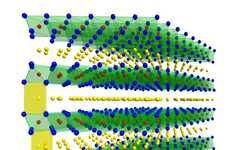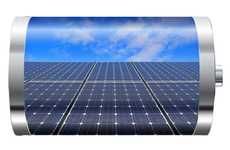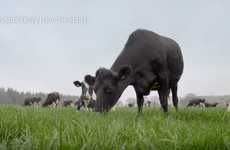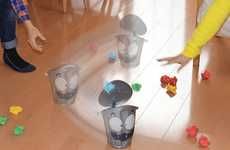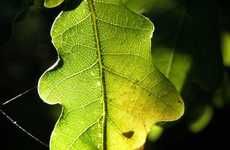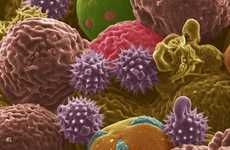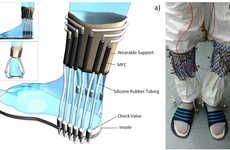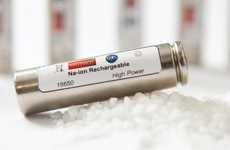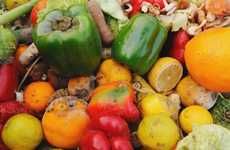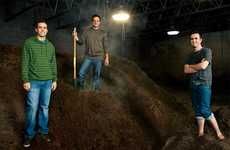



The idea of upcycling infiltrates alternative energy
Implications - Upcycling has gained popularity in industries such as food service and fashion, creating more urgency around the ongoing attempt to turn waste into energy. Progress made in this area explores everything from human waste to environmentally unfriendly refuse, the latter providing an overlapping attempt at sustainability that aligns perfectly with today's increasingly green consumer.
Workshop Question - What consumer values can you emphasize as part of your brand's identity?
Trend Themes
1. Upcycling - The increasing popularity of upcycling has created urgency around turning waste into energy and exploring unconventional sources like discarded and rotten materials, which could pave the way for new green energy initiatives.
2. Microbial Fuel Cells - The development and implementation of microbial fuel cells that use bacteria from organic sources such as urine or bacteria to provoke chemical reactions that produce electricity shows potential for driving future advancements in the clean energy industry.
3. Biomethane Fuel - The use of biomethane fuel as a renewable and more affordable food waste energy source in transportation vehicles has the potential to replace traditional diesel fuels and reduce pollution while increasing vehicle efficiency.
Industry Implications
1. Green Energy - Green energy companies could leverage these trends to address gaps in today's upcycling and organic energy market by capitalizing nature's organic mechanisms for efficient energy storage and extraction.
2. Transportation - Automotive companies and transportation logistics businesses can reduce waste and carbon footprint by adopting biomethane fuel in powering delivery trucks and vehicles with the added benefit of expanded coverage range.
3. Battery Technology - Technology companies can use the principles of microbial fuel cells to research new eco-friendly ways of battery power generation, opening the door to longer-lasting batteries that can use organic sources like bacteria, urine, and organic waste.
